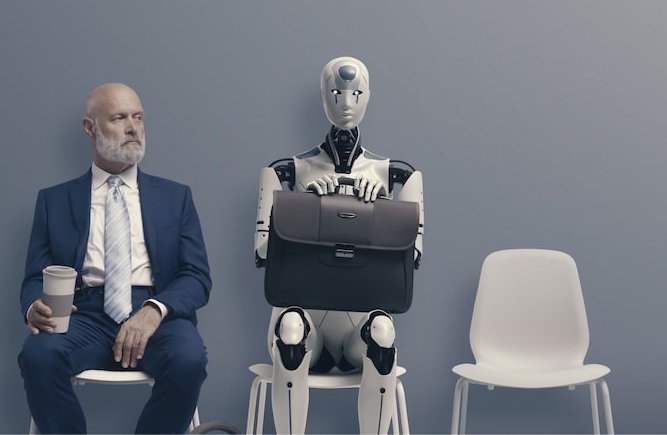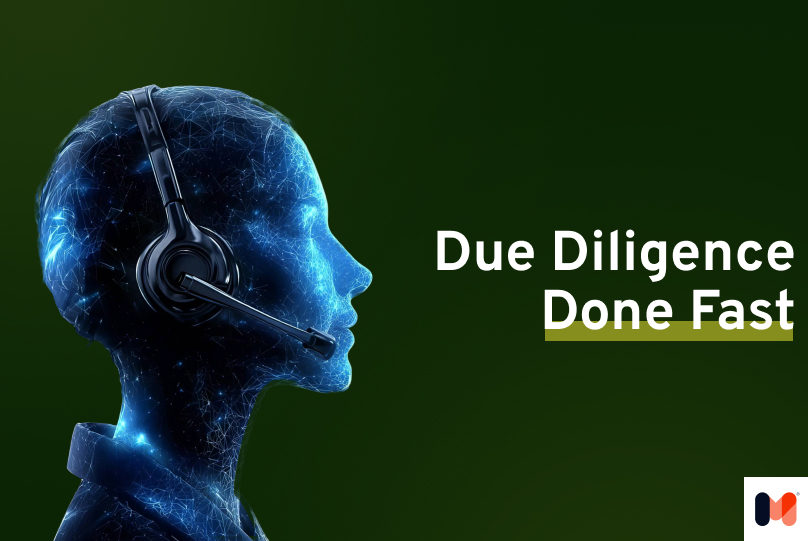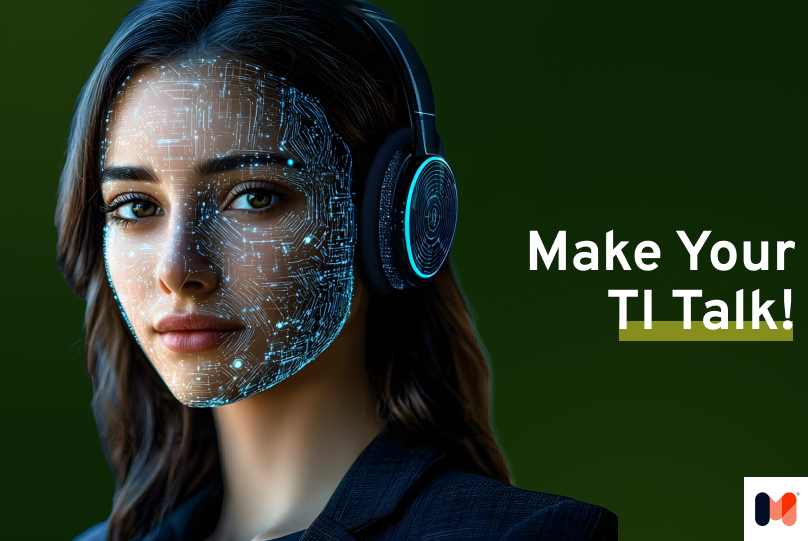Will Software Engineers Be Replaced by Generative AI?
The technological landscape is buzzing with possibilities and questions, particularly regarding the role of artificial intelligence (AI) in software engineering. Will software engineers be replaced by AI? This question brings forth numerous considerations about the evolving role of software developers, advancements in AI development, and what the future may hold for professionals in this field.
AI is increasingly capable of handling various aspects of software development, from automating repetitive tasks to optimizing development cycles. AI-powered tools assist with debugging, testing, and even generating code, streamlining workflows and accelerating project timelines. However, software engineering is not just about writing code—it requires a deep understanding of problem-solving, system design, and the broader context of technological and business needs.
Understanding AI Capabilities in Software Development and Code Generation
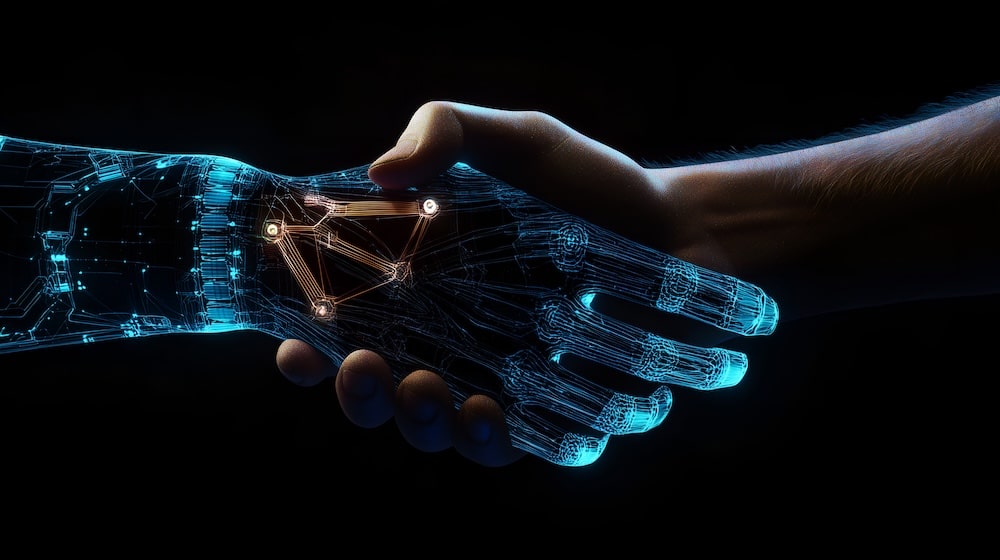
Recent advancements in generative AI have led to the development of intelligent systems capable of automating significant portions of code generation and pushing some solutions to the next generation.
Tools utilizing large language models can produce code snippets, detect bugs, and even suggest improvements, reshaping the traditional software development process. This progression raises concerns about whether programmers are on the verge of being replaced in tasks they traditionally oversee.
AI tools can enhance developer productivity by handling mundane tasks, allowing engineers to focus on more complex issues. The use of machine learning models for bug detection and algorithm optimization suggests AI's potential in improving code quality and efficiency in creating robust software systems. However, whether these systems completely eliminate the need for human oversight remains debatable.
The Role and Skills of Software Engineers
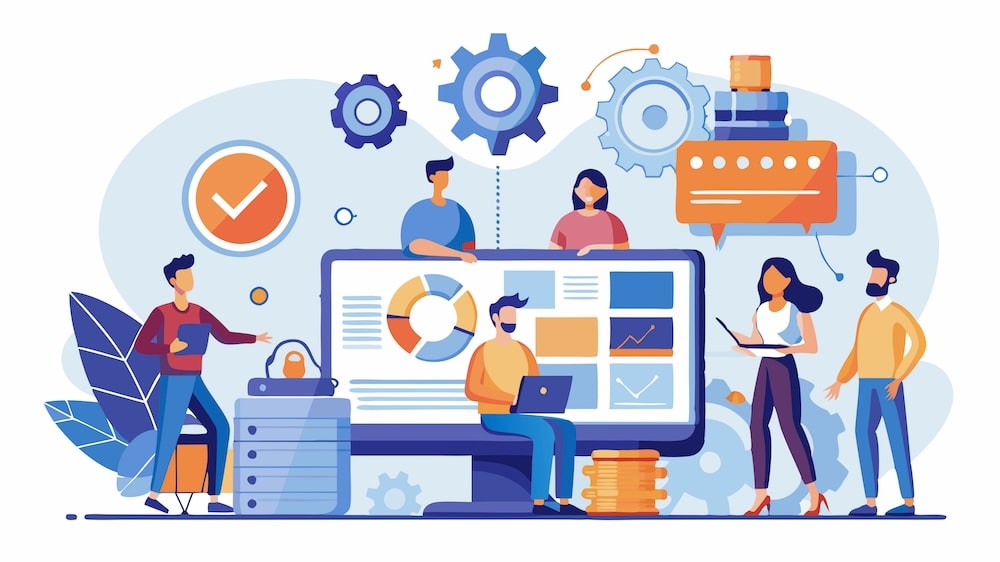
Despite AI's capabilities, the role of understanding user needs, interpreting requirements, and translating them into functional software systems and computer science terms remains a uniquely human task.
Engineers possess the creative thinking and contextual understanding essential for innovation and tailoring technology solutions to specific needs, which AI currently cannot replicate.
The future of software engineering is not about outright replacement but rather the evolution of roles. Engineers are likely to transition into positions requiring more refined problem-solving skills, project management, and strategic oversight, with AI as an enhancing tool rather than a replacement.
Human Stories and Technological Advancements
Human stories of innovation continue to inspire while highlighting the distinct capabilities of humans in developing meaningful and creative solutions. The challenge lies in balancing technological advancements with human oversight to ensure quality software that reflects both computational efficiency and human values.
Generative AI's ability to perform repetitive coding tasks positions it more as a collaborative partner than a competitor, allowing software developers to redirect their skills toward more strategic development endeavors and innovations, ensuring continuous career growth amidst technological change.
Matt Sadowski
CEO of Mobile Reality
Transform Your Business with Custom AI Agent Solutions!
Leverage our expertise in AI agent development to enhance efficiency, scalability, and innovation within your organization.
Expert development of modular and scalable AI software solutions.
Integration of Large Language Models (LLMs) for advanced capabilities.
Customized AI agents tailored to your business needs.
End-to-end support from design to deployment.
Enhance decision-making and operational efficiency with AI.
The Future of Software Engineering Careers and Programmers
Software developers should anticipate working alongside AI by developing new skills that blend technical knowledge with soft skills, such as adaptability and emotional intelligence, to succeed in an AI-integrated future. Continuous learning and adaptation will be crucial for professionals navigating this evolving landscape.
As the role of AI in software engineering continues to grow, developers and programmers will evolve, find new ways to contribute, and thrive in this ever-changing field. While AI may transform traditional tasks, the unique human touch in understanding, creativity, and empathy keeps software engineers irreplaceable.
In summation, AI is unlikely to replace software engineers entirely but rather augment the profession, paving the way for new ways of working, thinking, and innovating in the field of technology and beyond.
How Industries Will Adapt to AI in Software Development
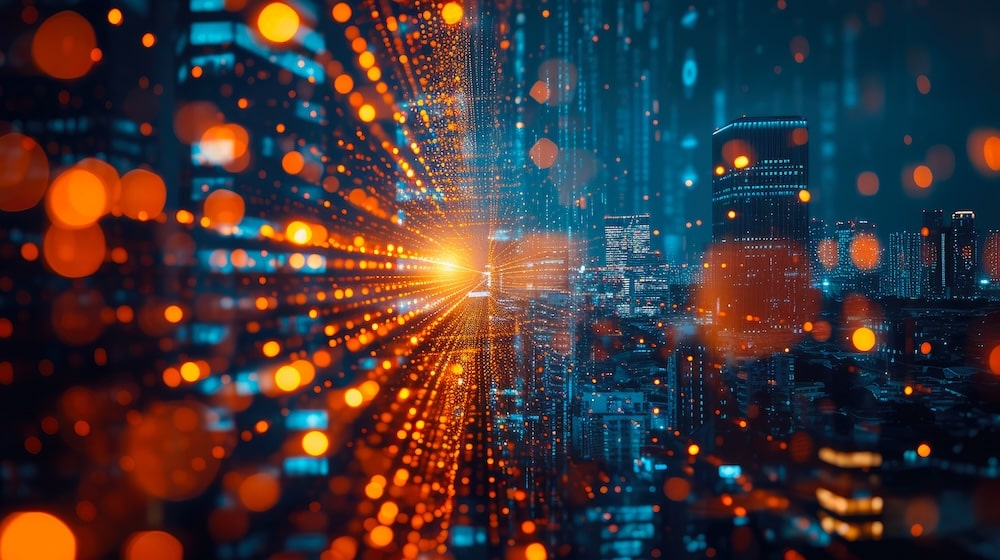
The question of whether software engineers will be replaced by AI is increasingly pertinent as industries explore AI-driven enhancements. Business sectors, from finance to healthcare, are adapting to AI's transformative power, integrating machine learning and intelligent systems into their tech stack.
Revolutionizing Healthcare with AI-Driven Software
In healthcare, AI software is increasingly used for diagnostic accuracy and personalized treatment plans, leveraging machine learning to analyze vast datasets quickly. Software engineers in this sector are evolving to integrate AI tools and ensure ethical use, emphasizing the need for AI literacy and healthcare expertise.
AI in Financial Technology
The fintech industry is embracing AI for fraud detection and automated customer service, reshaping the role of software developers. Engineers now focus on creating secure, AI-empowered solutions that enhance financial operations, showcasing their ability to adapt and innovate.
Ethical Considerations in AI Integration
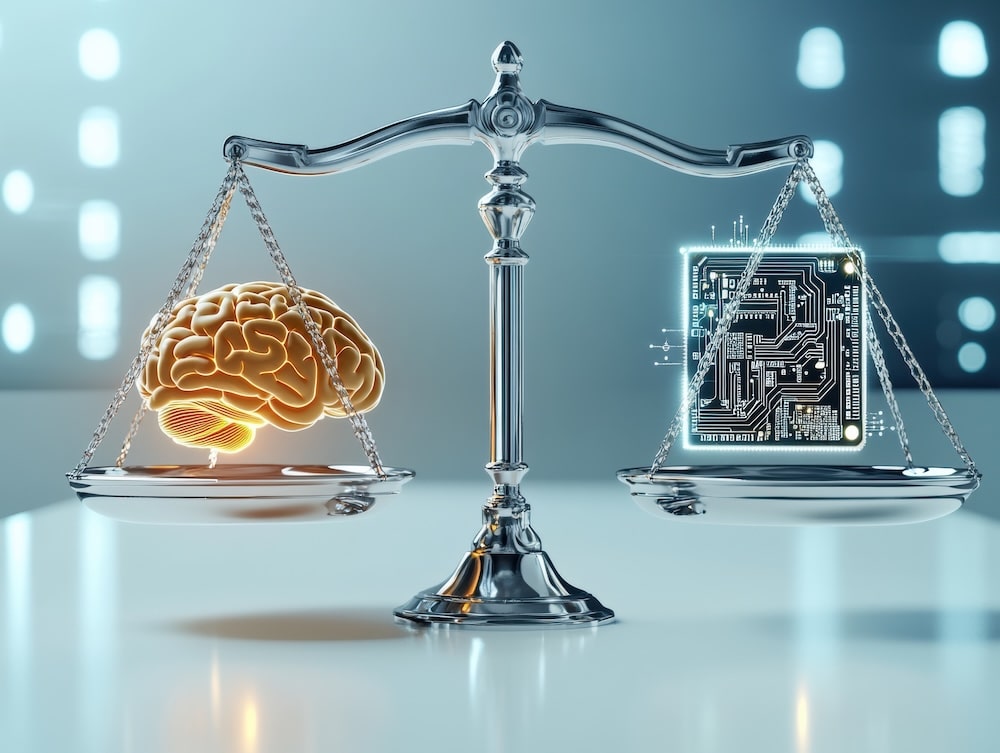
As AI continues to advance, ethical considerations become paramount in software development. The integration of AI in critical sectors mandates software engineers to focus on responsible AI use, ensuring privacy and minimizing bias in AI models. The rapid adoption of AI applications, such as chatbots and text-to-speech systems, highlights the need for ethical oversight in their development and deployment.
One of the key responsibilities for software developers is ensuring that AI systems remain transparent and explainable. This transparency promotes trust among users and compliance with regulatory standards.
For example, AI-driven chatbots powered by deep learning and neural networks must be designed with clear guidelines to prevent misinformation and maintain ethical interactions with users. Similarly, text to speech models should reflect diverse voices and avoid biases that could skew communication across different demographics.
Software engineers must address algorithmic bias, a significant ethical challenge in AI development. By designing AI solutions that consider diverse datasets, developers can mitigate biases, ensuring fairness and equity.
Additionally, as AI-generated software code becomes more prevalent, human engineers must oversee development efforts to maintain accuracy, security, and adherence to best practices. Despite AI's growing role in programming, human intelligence remains essential in making judgment calls that AI alone cannot handle.
Within the tech industry, the role of software engineers is evolving. Instead of being replaced, developers will increasingly focus on optimizing AI applications for productivity and efficiency.
Tools like ChatGPT can assist in coding, but software engineers still play a crucial role in designing architectures, debugging complex issues, and ensuring that AI complements human decision-making rather than replacing it.
Ultimately, responsible AI development requires a balance between automation and human oversight. While neural networks and deep learning continue to push AI forward, membership in the field of software engineering will remain vital, emphasizing creativity, ethics, and a forward-thinking approach to technology.
The collaboration between AI and human engineers will define the next era of innovation, ensuring that AI serves as an enabler rather than an unchecked force in development cycles.
AI tools like ChatGPT and deep learning models are transforming software development, enhancing productivity and efficiency. However, human intelligence remains irreplaceable—software engineers provide the critical expertise in architecture, problem-solving, and ethical decision-making. AI should assist, not dictate, ensuring that development efforts align with creativity, fairness, and industry standards.
Emerging Job Roles in AI-Influenced Sectors
AI advancements are not about replacement but the evolution of software engineering roles. With AI integration, new job titles and responsibilities are emerging, particularly in sectors heavily influenced by AI.
AI Specialists and Data Analytics Experts
As AI generates more data, the need for experts in data analytics and AI-specific roles is expanding. Software developers with expertise in AI algorithms and data interpretation will find new opportunities to contribute.
Human-AI Collaboration Strategists
The future of AI-influenced sectors will require human-AI collaboration strategists. These experts will create methodologies that harness AI's potential while maintaining essential human oversight, ensuring synergistic benefits.
Conclusion: The Future Landscape of Software Engineering
The evolving landscape of software engineering suggests a symbiotic relationship between AI and human professionals. While AI automates certain tasks, the creativity, ethical oversight, and domain-specific knowledge of software engineers remain invaluable. By embracing AI as a tool for enhancement rather than replacement, professionals can pioneer innovative solutions across industries.
Discover more on AI-based applications and genAI enhancements
Artificial intelligence is revolutionizing how applications are built, enhancing user experiences, and driving business innovation. At Mobile Reality, we explore the latest advancements in AI-based applications and generative AI enhancements to keep you informed. Check out our in-depth articles covering key trends, development strategies, and real-world use cases:
- AI on a Budget: Understanding the Costs of AI Applications
- Unleash the Power of LLM AI Agents in Your Business
- Data Science vs Machine Learning : What's the Difference?
- Generative AI in software development
- Mastering Automated Lead Generation for Business Success
- Scale Business with AI Arbitrage Agency's Solutions
- Generate AI Social Media Posts for Free!
Our insights are designed to help you navigate the complexities of AI-driven development, whether integrating AI into existing applications or building cutting-edge AI-powered solutions from scratch. Stay ahead of the curve with our expert analysis and practical guidance. If you need personalized advice on leveraging AI for your business, reach out to our team—we’re here to support your journey into the future of AI-driven innovation.
